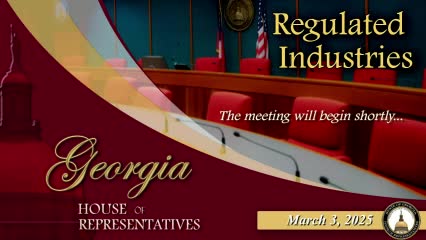Article not found
This article is no longer available. But don't worry—we've gathered other articles that discuss the same topic.
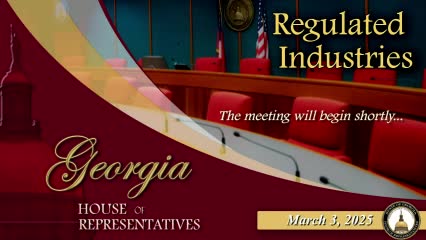
Committee advances bill to allow and regulate vehicle value protection agreements (VVPAs)
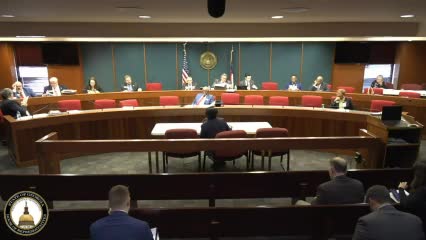
Georgia committee advances bill to cap HOA closing-letter fees, require dispute process before liens
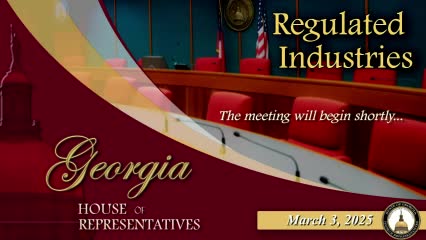
Committee backs licensure overhaul bills to streamline boards, expand licensing pathways
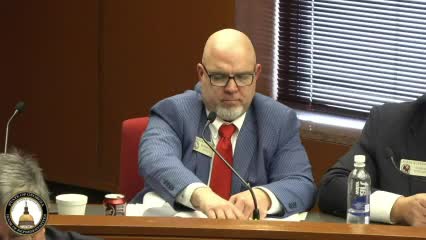
Committee advances measure asking regulators to set advertising rules for low‑THC products, bar unproven medical claims
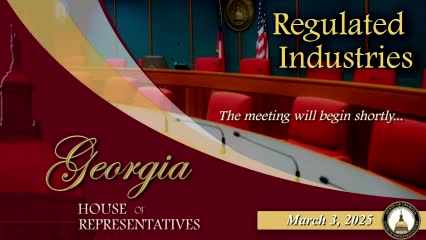
Committee fixes FBI fingerprinting language, exempts WIC from licensing language in technical update to HB 185
